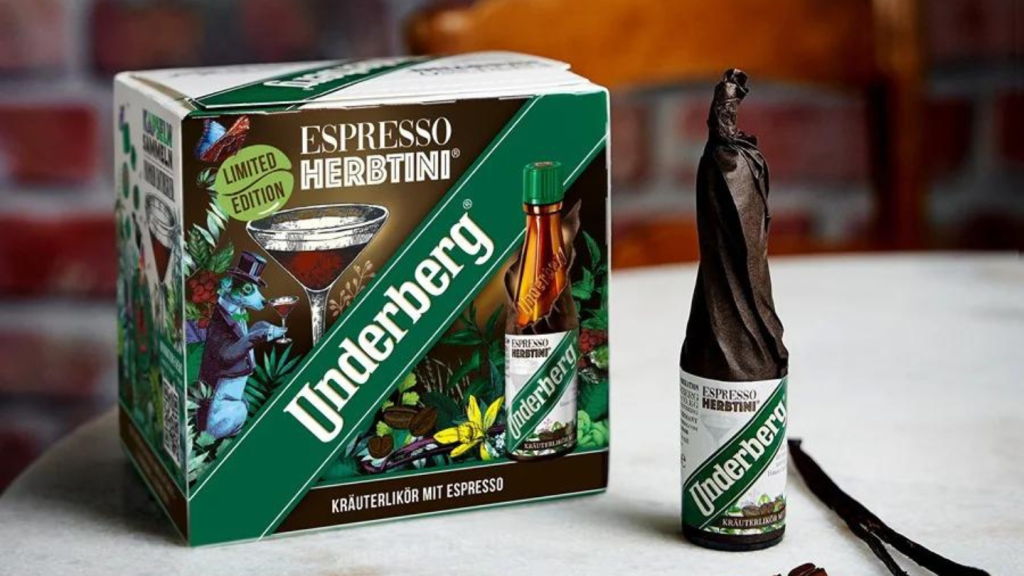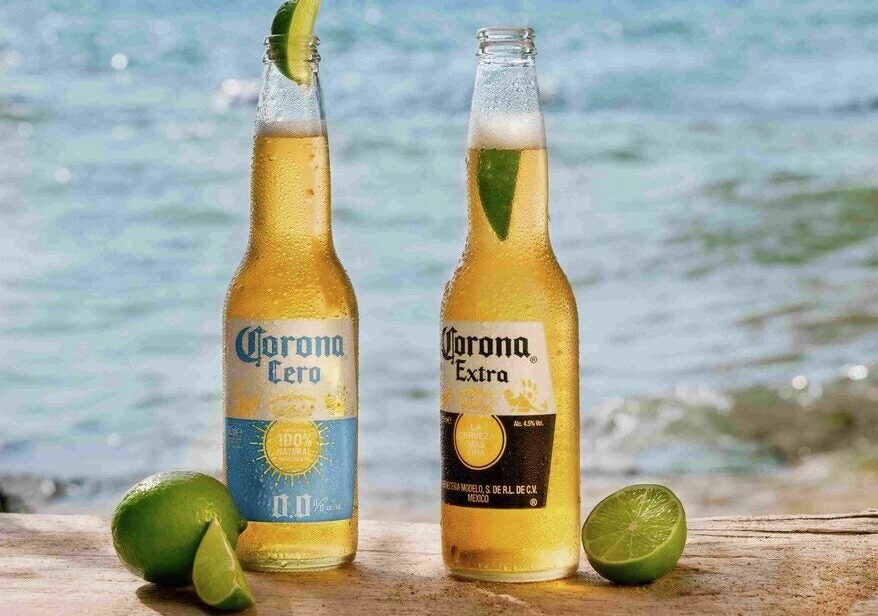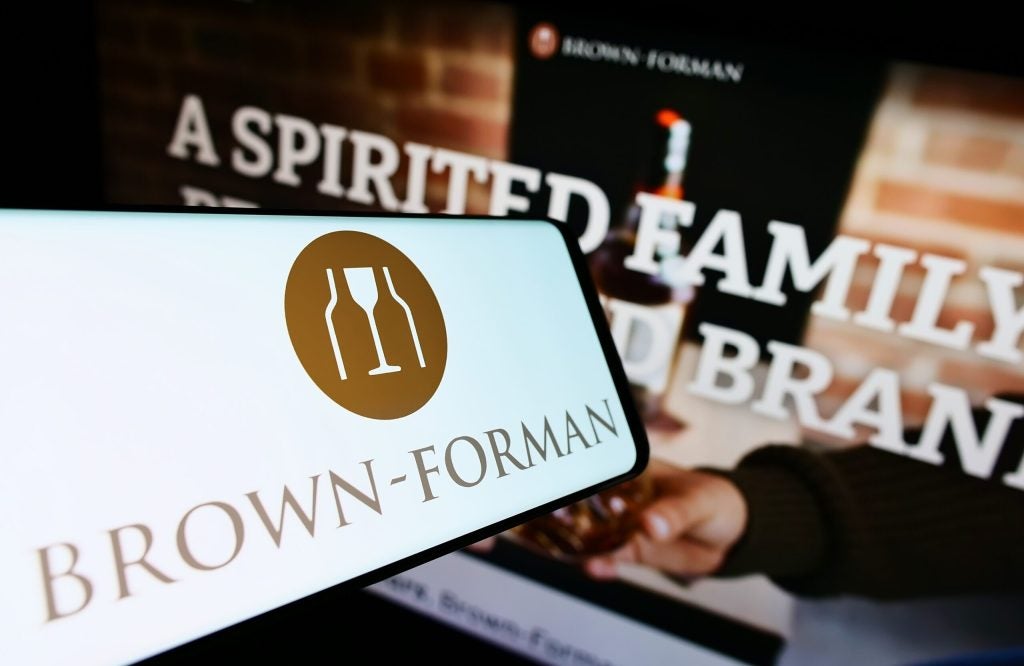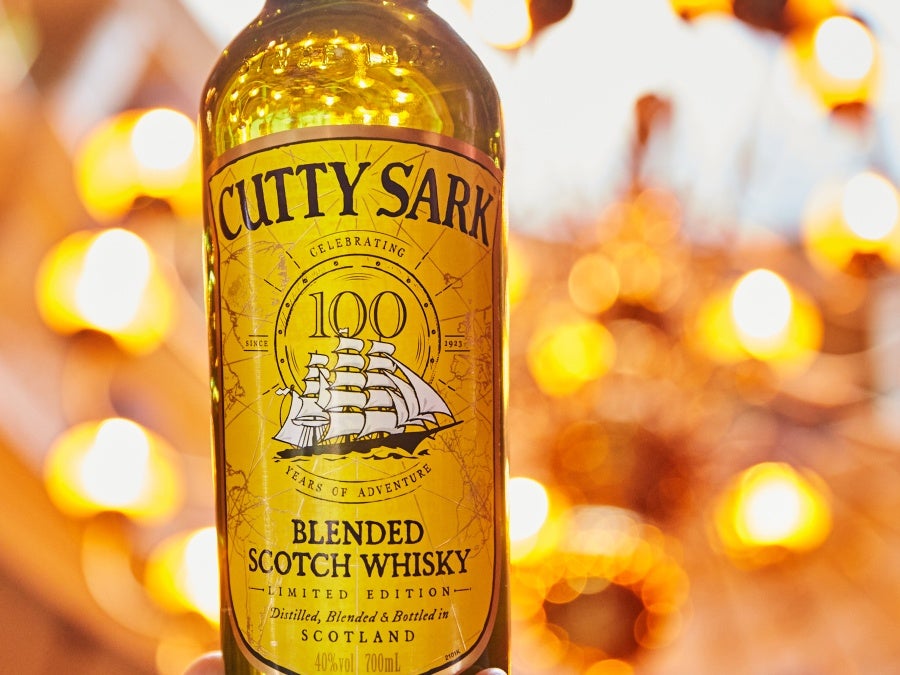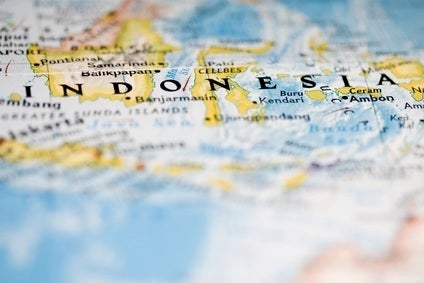
The rising spectre of neo-prohibitionary rhetoric and legislation is claiming a fresh casualty. Following the introduction of restrictive policies in a widening number of markets ranging from Turkey to Russia, and from advertising restrictions to distribution barriers, the paradisiacal archipelago is joining the ranks of emerging markets that are falling from the alcoholic drinks industry’s grace.
Whereas the legislation that comes into effect this month will ban sales of low abv alcoholic beverages from the throngs of convenience shops and small stores across the country, it is the proposals for a blanket ban on all alcohol sales currently put forward by Islamic parties that sound the most ominous.
Archipelago Going Dry
While the changes and ensuing debate are framed around the much-vaunted argument of ‘preventing underage drinking and protecting public morals’ , the unintended consequences of such a move – and the increasing influence of ultra-conservative elements in a historically-pluralist nation – are very alarming indeed. Even though this latest law will not spell the end of Indonesia’s impressive growth trajectory – especially in beer, which will be disproportionately hit – it will, beyond any doubt, severely undermine it.
Last year, convenience stores contributed around 13% of off-trade beer sales in the country, at the same time that the number of outlets has been growing solidly in the past five years. Additionally, overall alcoholic drinks were already weighed down by tax increases introduced in 2014, and the series of rather unfortunate events for the beer industry in particular is expected to culminate in the inevitable moderation of growth for 2015 and beyond. Initial estimates put beer growth in the mid to lower single-digit range, down from over 7% in 2013.
See Also:
But, it gets worse.
How well do you really know your competitors?
Access the most comprehensive Company Profiles on the market, powered by GlobalData. Save hours of research. Gain competitive edge.

Thank you!
Your download email will arrive shortly
Not ready to buy yet? Download a free sample
We are confident about the unique quality of our Company Profiles. However, we want you to make the most beneficial decision for your business, so we offer a free sample that you can download by submitting the below form
By GlobalDataA new draft bill (Rancangan Undang-Undang) on controlling and monitoring alcoholic drinks is being finalised and is expected to be issued in the near future. Some points discussed in the bill include plain packaging or gory images prominently printed on the labels, in a move reflecting the darkest scenarios faced by the tobacco industry.
Implementing even more radical proposals that would "ban the sale, production, distribution and consumption of any beverage containing more than 1% abv" anywhere in the country seems rather unlikely at this juncture, and should probably be viewed as political posturing. The knock-on effect on the key tourist industry and the resulting collapse in taxation income will, if nothing else, exert the pressure of realpolitik on the resurgent religious fervour.
Nevertheless, the country is undoubtedly steering towards an increasingly more conservative direction, and this should now be incorporated into key players’ strategic planning.
For example, Heineken, which accounts for over half of the beer volumes sold in Indonesia through Multi Bintang, should be polishing and expanding its non-alcoholic stable before it is too late.



